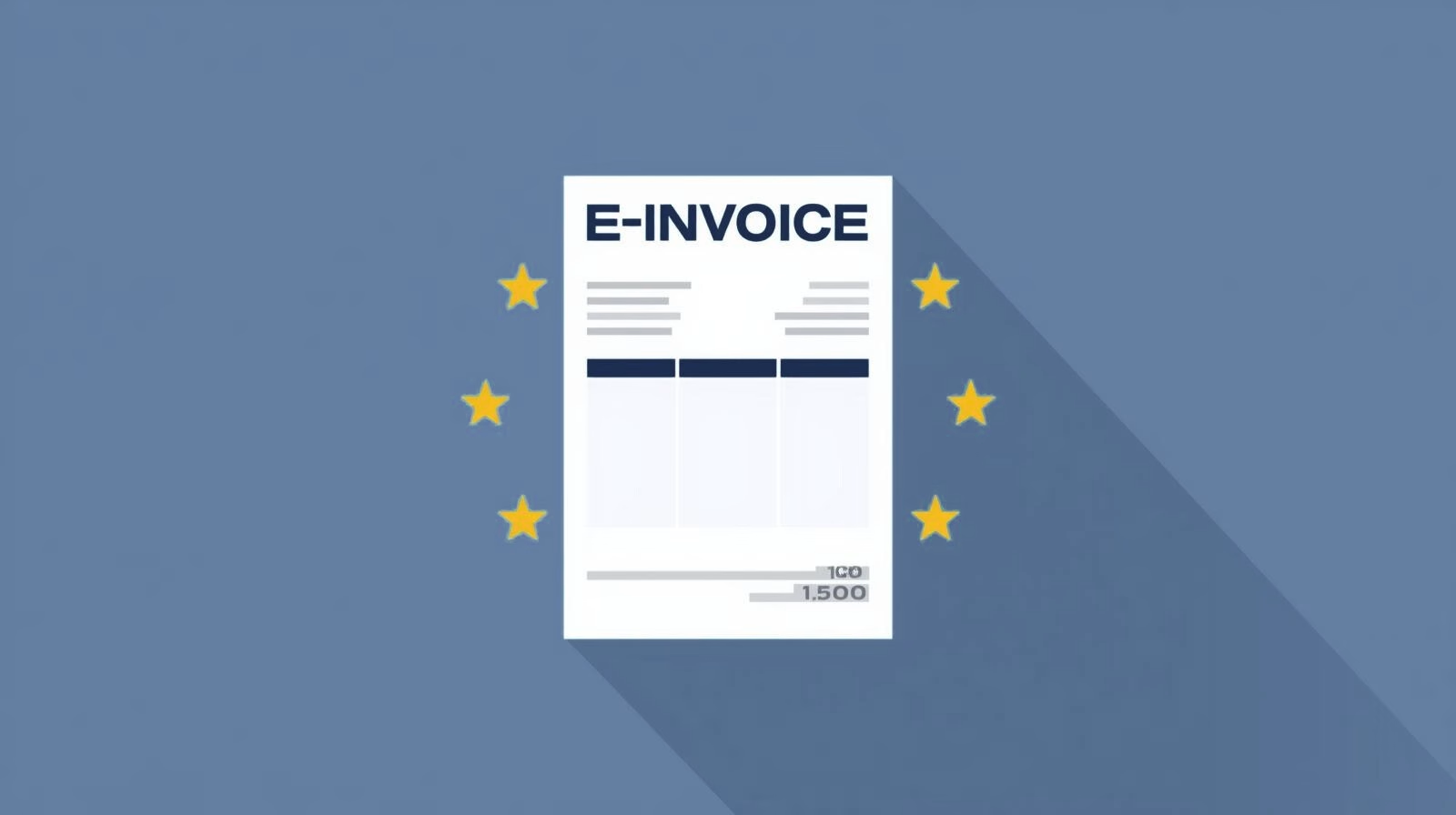the tax definition in SAP Business One includes the determination of tax rates, tax categories and tax codewhich are responsible for the Recognition and disclosure of taxes are required in financial transactions. These definitions are country-specific and ensure compliance with legal regulations in accounting.

1. definition and components
the tax definition defines how taxes are recognised in accounting transactions and presented in reports.
Important ingredients:
- Tax categories: Become for Sales and purchase documents and include, for example value added tax.
- Tax code:
- Categorised as input tax or Output tax.
- Tax codes are used in sales and purchasing documents as well as in journal entries.
- You can Activated or deactivated to control their utilisation.
- Tax rates: Are displayed in the window "Jurisdiction tax rates - definition" defined.
- Future changes to tax rates and their validity dates can be defined.
- Control groups: Can be indicated in receipts to ensure correct tax calculation.
- Standard VAT registration number: Can be stored for new business partners.
- Tax status: The tax status can be set in the base data of the business partner.
- Tax certificate: The expiry date and the number of a tax certificate can be stored in the system.
2. management of tax definitions
The tax definitions are explained under Administration > Definition > finance > Tax made.
Important management elements:
- Tax categories - definition: This is where the basic tax definitions are set up.
- Configuration: In the area Configuration detailed tax definitions can be made to reflect the tax requirements of a country or region.
- Withholding tax code: That Standard withholding tax code for new business partners can be defined.
- One-stop shop procedure: Recruitment is dependent on whether the company is able to offer the One-Stop-Shop (OSS) VAT procedure is subject to.
- Tax certificate: The system enables the deposit of the Expiry date and number of a tax certificate.
3. significance for financial accounting
- Correct booking: Tax definitions are decisive for the Correct recording of tax amounts in financial transactions.
- Legal compliance: They ensure that the legal regulations complied with and Tax reports in due form be created.
- Reporting: Tax reports are based on the stored Tax definitions and serve the Analysis and documentation tax obligations.
- Interactions: The tax date and the tax amount are shown directly in receipts and influence the tax treatment of transactions.

Verifactu in Spain: the new invoicing obligation
Spanish companies are facing a turning point in their digital accounting. Royal Decree 1007/2023 and Regulation HAC/1177/2024 oblige almost all companies to ...

The e-invoicing regulations in Europe
Electronic invoicing is no longer a topic for the future, but is becoming a legal requirement in many European countries. Driven by initiatives such as ...

Versino Financial Suite V09.2025 for SAP Business One
Since the introduction of the Financial Cockpit at the start of 2025, it has been clear that the strategic focus of the Versino Financial Suite is shifting ...

Accounting outsourcing: Why it pays off for SMEs
Medium-sized companies are under increasing pressure to work efficiently, comply with regulatory requirements and remain competitive at the same time. In this constellation ...

CANDIS for SAP Business One
Intelligent document recognition: when AI wins the paper warThose who work in the accounting department of a medium-sized company today are familiar with the challenge: the incoming mail ...

Convert SAP Business One to camt.053 now
From 1 November 2025, the widely used MT940 format for electronic bank statements will no longer be supported. Companies that use SAP solutions such as ...